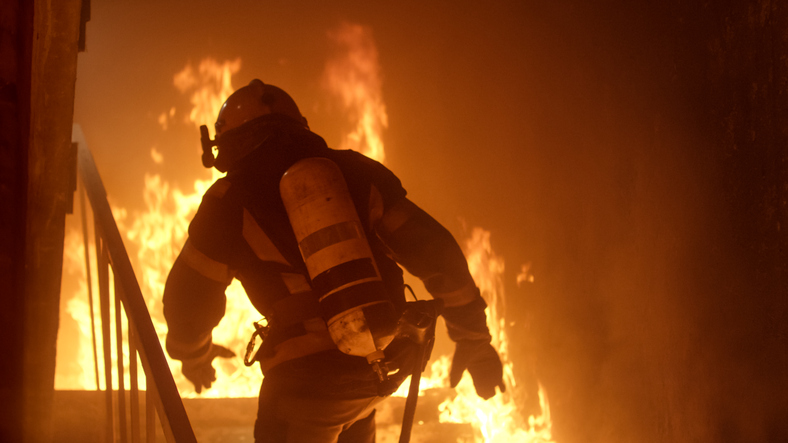Prevention is Easier than Replacement
According to the FBI, burglaries are decreasing in the US, but there are still far too many home break-ins (about one every 15 seconds!) to be lax about protecting your family and property. And in Colorado, only about 15 percent of burglaries are solved by police, with the percentage of property recovery being much smaller.
Fires, however, are not declining. In 2016, US fire departments responded to 1.3 million fires, which resulted in 3,390 civilian deaths.
There’s no way to be absolutely sure that you won’t be a victim of one of these tragedies (which is why you need to make sure you’re well-insured), but there are steps you can take to reduce your risk.
Ten Tips to Protect Your Home from Theft

- Get an alarm system and security cameras. According to the Electronic Security Association, homes without alarms are three times as likely to be broken into.
- If you’re a dog person, adopt an inside dog. A dog may sideline even an experienced criminal—someone who knows how to disarm alarm systems. Of course, dogs are expensive and require a lot of care, so don’t make this decision lightly.
- Lock doors and windows, even when you’re home. And reinforce sliding glass doors with a dowel. Breaking a sliding glass door is a big, noisy ordeal that many burglars will avoid, but picking a lock isn’t that difficult.
- Use motion sensors to illuminate outdoor areas.
- Keep your tool sheds and car doors locked and your garage door closed.
- Don’t “hide” a spare key outside. Leave it with a trusted neighbor instead.
- When you’re on vacation, ask the post office to hold your mail and temporarily halt any subscriptions.
- Set interior lights on staggered timers. Houses that look empty are easy targets.
- Keep cash and irreplaceable heirlooms, such as family jewelry, in a fireproof safe.
- Take pictures of valuables, so you’ll have a record for insurance if you need it, and regularly backup your computer to the cloud or to two separate hard-drives—one that you keep off-site.
For more information, check out the crime prevention page from the Denver Police Department. And if you want to take your preparation beyond your house, the City of Longmont has some great tips for preventing auto break-ins.
Ten Tips to Protect Your Home from Fire

- Have smoke detectors in every bedroom and in the kitchen, and test them regularly. (It’s not a bad idea to have a couple of Carbon Dioxide detectors around either—not to prevent fires, just to make sure your loved ones stay safe!)
- Never leave the kitchen when you’re cooking, even if you’re “just” boiling an egg. Pots and pans can overheat and start fires.
- Keep space heaters three feet away from furniture, curtains, clothes, or anything flammable.
- Put out cigarettes in water, every time. Cigarettes are a leading cause of fatal housefires.
- Candles should never be left unattended and should be kept a foot away from anything flammable—curtains, tissues, books, etc.
- Properly dispose of oily rags and store combustible liquids in appropriate containers, away from heat sources.
- Use your dryer safely! Don’t run the dryer when you’re not home, and make sure to clean your filter after every load of clothes. Clean lint out of the vent pipe every few months, and if your dryer suddenly starts taking a long time to dry, stop using it and call a professional to check/clean it. Regularly check the outside vent to make sure it’s not blocked by nests or debris.
- Don’t run the dishwasher or washing machine when you’re not home. And unplug small kitchen appliances, such as toasters and blenders, when they’re not in use. When you leave home for several days, turn your water heater to it’s “vacation” setting.
- Have a building inspector make sure your chimney was properly installed, and have it cleaned annually.
- Install home sprinkler systems. This reduces your chance of dying in a residential fire by 80 percent, and your potential property damage by 70 percent.
Sources:
Fast Facts About Fire (NFPA)
Make sure you’re covered in the case of a fire or burglary with insurance from Colorado Farm Bureau Insurance. Find your local agent today.

